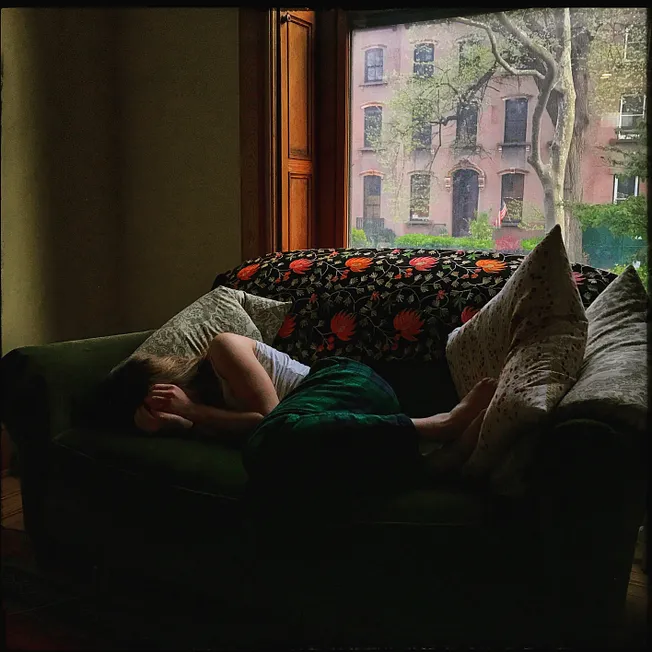This is your life online - #387

Remember what activism was like in the 1990s? I sure do. The people who didn't like world trade broke some Starbucks windows in Seattle; the ones who objected to smoking got to put body bags all over New York City (or maybe just the famous parts); to get us to never forget to think about illegal drugs, the ad people updated their campaign, "this is your brain on drugs."
Back in the '80s, all it took to advertise against drug use was to show us an egg ("your brain"), a frying pan ("drugs"), and then an egg frying in a pan ("this is your brain on drugs"). But in the '90s, like Emeril, we had to kick it up a notch: Rachael Leigh Cook used the frying pan to destroy a small apartment kitchen and then yell "any questions?" at the screen. Not many of us "snorted heroin," but we all remember those TV ads.
I think we may be beyond a similar inflection point with online life.
Between the beginning of online life and probably 2015 or so, it was as simple as those 1980s anti-drug magazine ads. Your life outside the internet was one thing and on the internet it was another. Anonymity was big, posturing in forums and on blogs was doable, and when your bandwidth or battery ran out, you went outside and not much about your online footprint followed you. If the internet got bad, you could walk away from it. It wasn't in your pocket, it didn't have the resolution, density, or bandwidth to be a proxy for every aspect of your life, hence, you weren't thinking about it all the time. I don't agree with everything Jonathan Haidt says about the impact of the internet, but I think he's put his finger on the front-facing phone camera, combined with omni-present social media, as a breaking change in our lives online.
We're in the '90s now, wielding our phones like Rachael Leigh Cook's frying pan, to bash everything in sight.
A trend in my reading, exemplified by the link below, is exploring how our online existences appear to negatively impact our real lives to the degree that a first step to improving life is to disconnect. Today's reading is about social media's impact on our health and relationships with health care providers (spoiler that will surprise no one: parts of the internet encourage you to lie to your doctor in order to get prescriptions). Over the years, I've linked to enough reading about the way online media consumption appears to affect our political outlooks that it's almost a trope. Even if "misinformation" hasn't been proven to be causal on any actual outcomes, we all know the relief of skipping the internet's provocative headlines and endless social comment wars.
While anyone can judge the bad influences to be bad, I've lately been wondering if it's worse than that. What if it's not just hanging out in the dark corners of social media, but it's that spending any time with digital social media is bad for you? To take another angle on the terrible "brain on drugs" ads, maybe we need to approach it like Nancy Reagan approached drugs: maybe any use of this stuff fries your brain.
Reading
 Hurts So Good
Hurts So Good
Why are so many young women suffering from invisible illnesses? Meet the girls in a world of pain.